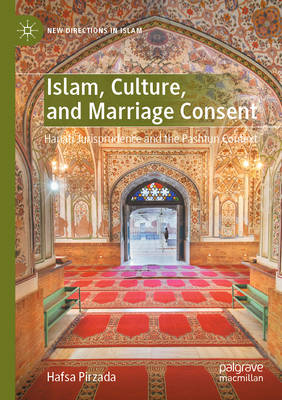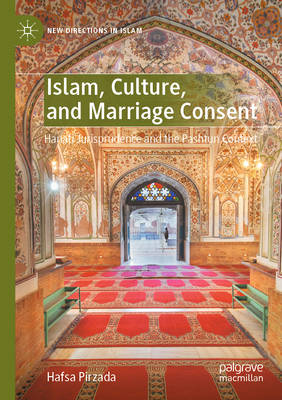
- Retrait gratuit dans votre magasin Club
- 7.000.000 titres dans notre catalogue
- Payer en toute sécurité
- Toujours un magasin près de chez vous
- Retrait gratuit dans votre magasin Club
- 7.000.0000 titres dans notre catalogue
- Payer en toute sécurité
- Toujours un magasin près de chez vous
Description
This book presents an empirical examination of consent-seeking among Pashtun Muslims in the Pakistani province of Khyber Pakhtunkhwa (KPK), to determine whether cultural norms and beliefs have largely come to diverge from the principles of consent in Islamic law and jurisprudence. Is culture part of the 'inevitable decay' to which Max Müller says every religion is exposed? Or - if rephrased in terms of the research encapsulated within this book - are cultural beliefs and practises the inevitable decay to which Islam has been exposed in Muslim societies?
Drawing on interviews with Muslims in Pakistan and Australia, the research broadly broaches questions around the rights of women in Islam and contributes to a wider understanding of Muslim social, cultural, and religious practices in both Muslim majority nations and diaspora communities. The author disentangles cultural practices from both religious and universal legal principles, demonstrating how consent seeking in Pashtunculture generally does not reflect the spirit or the intent of consent as described in Hanafī law and jurisprudence. This research will be of interest to students and scholars across sociology, anthropology, socio-legal studies, and law, with a focus on Islamically-justified law reform in Muslim nation states.
Spécifications
Parties prenantes
- Auteur(s) :
- Editeur:
Contenu
- Nombre de pages :
- 296
- Langue:
- Anglais
- Collection :
Caractéristiques
- EAN:
- 9783030972530
- Date de parution :
- 13-04-23
- Format:
- Livre broché
- Format numérique:
- Trade paperback (VS)
- Dimensions :
- 148 mm x 210 mm
- Poids :
- 385 g

Les avis
Nous publions uniquement les avis qui respectent les conditions requises. Consultez nos conditions pour les avis.






